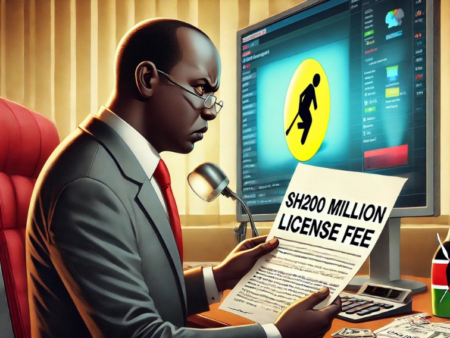Gambling has been an integral part of the South African economy for several decades on end. In essence, gambling continues to be an activity that attracts a diverse range of people from different backgrounds. The growth of online betting has made the activity much more affordable and enticing to those ready to take a chance.
Since gambling was legalized in South Africa in 1996, the gaming business has developed and changed significantly. However, certain technological innovations in gambling and the rise of internet gambling have posed issues for individuals. Consequently, several kinds of illegal gambling have remained constant and seem to be gaining popularity.
Concerns regarding the economic impacts of betting in South Africa, particularly on the needy, have persisted since the industry’s inception. Calls on the legality and control of the activities of online betting sites in South Africa have remained significant. While larger questions about the efficacy of present gambling laws, regulations, and the expansion of gambling choices have also remained dominant.
Statistics on Gambling Monopoly in South Africa
Gaming for Africa, a journal on the African gaming industry conducted research titled: Measuring Concentration and Participation in the South African Economy. The research highlights licensing regimes’ inadequacy to distribute ownership all over the industry. It observes that 69.5 percent of the 144 sectors evaluated were highly concentrated and in the hands of the same select few.
Legal businesses like gambling were strongly dominated by mergers and acquisitions that have only contributed to enhancing concentration. It reports that three firms, HCI/Tsogo Sun, Sun International, and Gold Rush, have come to dominate major portions of the market, owing to licensing and previous merger activities.
Tsogo Sun and Sun International own over 80% of land-based casino gaming. Through mergers and new licenses, 77.5 percent of fixed payout machines were held by them. According to the research, Gold Rush’s acquisition of Crazy Slots in 2016 aided its standing in the LPM category.
The South African Gambling Industry
Since the move to regulation in 1996, the gaming industry has matured into a modest but thriving one. The industry earned R1.5 billion in tax collections for the provincial government in 2009. Making it the second-largest provider of “own revenues” for regional governments.
Furthermore, the gambling industry raised R1.4 billion for charitable purposes. The sector employs a significant number of people, with a combined amount of 56,958 direct jobs produced and maintained in the industry. The casino sector alone generates 51,317 employment, 85 percent of GGR, and 80 percent of tax revenue.

